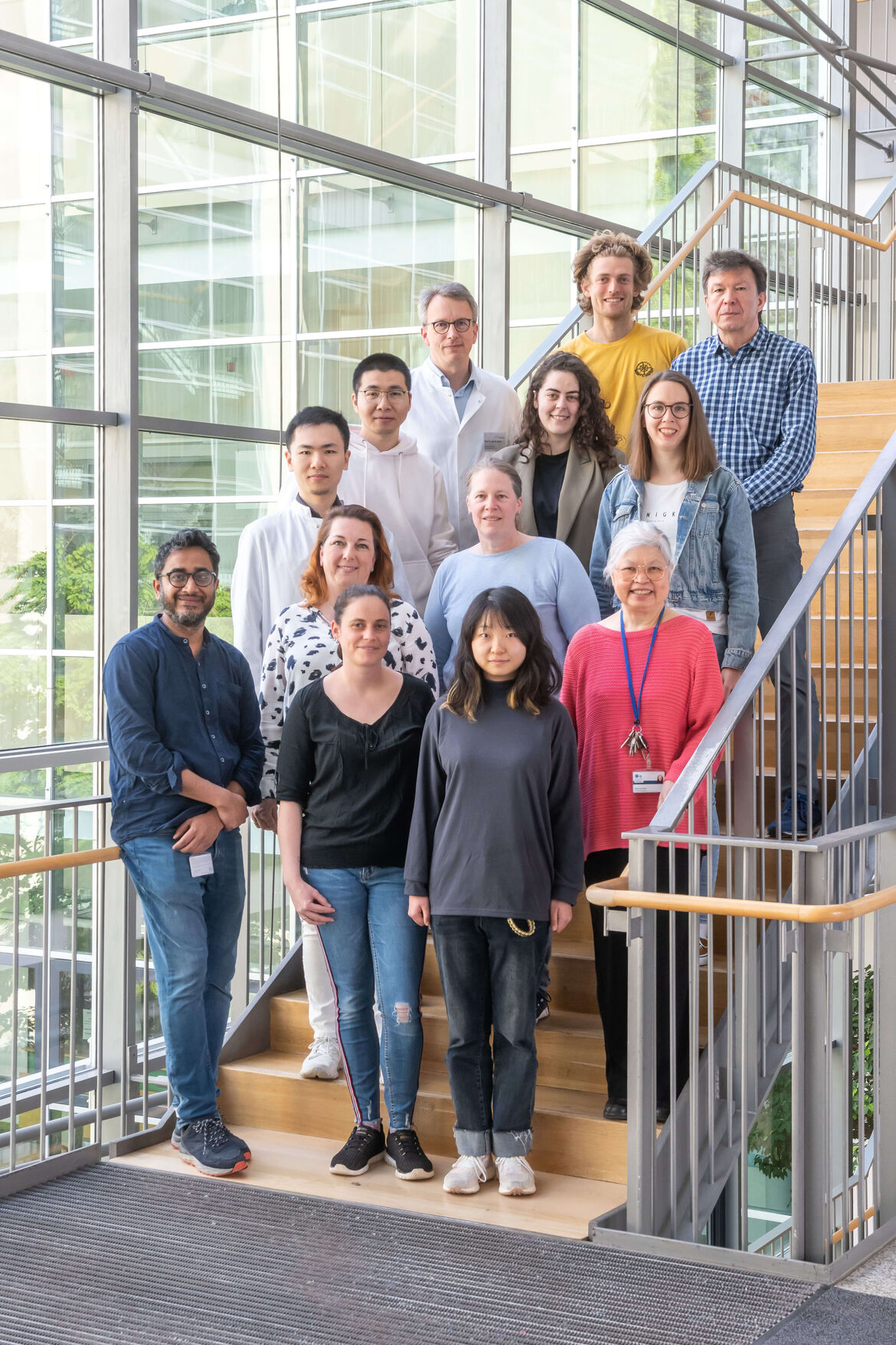Early carcinogenesis in pancreatic cancer
General
Pancreatic carcinoma remains the deadliest cancer entity worldwide, with increasing incidence. Correlating with demographic changes, it represents a rapidly growing health problem. Pancreatic cancer is estimated to become the second-leading cause of cancer-related deaths in the Western world by 2030.
The high mortality has been attributed to the lack of specific early symptoms and missing reliable biomarkers for screening and/or early diagnosis. Additionally, aggressive tumor biology and only rudimentarily available targeted therapy options contribute to the problem. Our mission is to unravel the mechanisms driving early carcinogenesis, focusing on the pancreatic microenvironment and its diverse actors, as well as various influencing factors such as inflammation, obesity and stress. To achieve this, we employ a combination of epigenetic, molecular, biochemical, and cell biological methods using in vitro, in vivo (e.g. genetically engineered mouse models) and ex-vivo models (organoids / slice cultures).
Collaboration is ingrained in our approach, as we actively engage with preclinical and clinical disciplines locally, nationally, and internationally. These interactions streamline the translational process, bridging the gap between research and clinical application.
We are seeking dedicated and passionate physician scientists, PhD students and MD students for various research opportunities. If you are interested in the field of pancreatology don’t hesitate to contact us directly.










